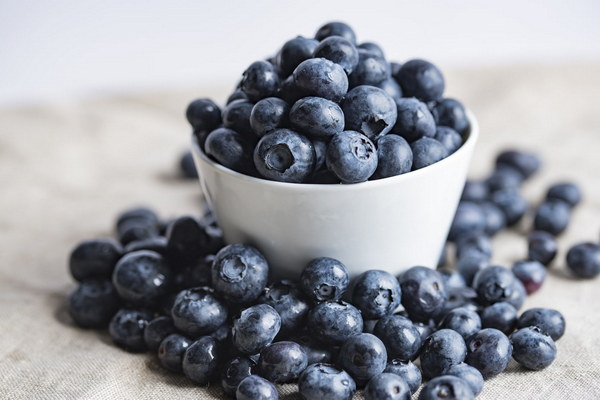Gastrointestinal Side Effects When Liver Protectants Lead to Diarrhea
Introduction:
Liver-protecting medications are commonly prescribed to individuals with liver conditions or those at risk of liver damage. While these drugs are crucial for maintaining liver health, they may also lead to unwanted side effects, such as diarrhea. This article explores the possible reasons behind this occurrence and provides information on managing and preventing gastrointestinal discomfort while on liver-protectant medications.
Understanding Liver-Protecting Medications:
Liver-protecting drugs, also known as hepatoprotectants, are designed to support liver health by preventing liver damage and promoting liver regeneration. They are often prescribed for various liver conditions, including hepatitis, cirrhosis, and non-alcoholic fatty liver disease (NAFLD). Commonly used hepatoprotectants include silymarin, N-acetylcysteine (NAC), and ursodeoxycholic acid.

Reasons for Diarrhea with Liver-Protectants:
1. Drug Interaction: Sometimes, the combination of liver-protecting medications with other drugs can lead to gastrointestinal side effects, including diarrhea. It is essential to consult a healthcare professional to ensure that there are no drug interactions causing this discomfort.
2. Side Effect of the Drug: Diarrhea can be a direct side effect of some liver-protecting drugs. For instance, NAC is known to cause gastrointestinal upset in a small percentage of patients, including diarrhea.
3. Improvements in Liver Function: In some cases, the improvement of liver function due to the medication may lead to the detoxification of accumulated toxins, resulting in gastrointestinal symptoms like diarrhea.
Managing and Preventing Diarrhea:
1. Consult a Healthcare Professional: If you experience diarrhea while on liver-protectant medications, it is crucial to consult your healthcare provider. They can evaluate your condition and adjust your medication regimen if necessary.
2. Adjust Dosage: Your healthcare provider may consider reducing the dosage of the liver-protecting medication to alleviate gastrointestinal symptoms.
3. Take Medications with Food: Taking liver-protecting drugs with food can help minimize gastrointestinal side effects, including diarrhea.
4. Hydrate Adequately: Diarrhea can lead to dehydration, so it is essential to drink plenty of fluids, such as water, electrolyte solutions, or clear broths.
5. Maintain a Healthy Diet: A balanced diet rich in fiber can help manage diarrhea. Foods to include are bananas, rice, applesauce, and toast (BRAT diet).
6. Over-the-Counter Medications: Loperamide or other over-the-counter anti-diarrheal medications may provide temporary relief from diarrhea. However, consult your healthcare provider before taking any new medication.
Conclusion:
While liver-protecting medications are essential for maintaining liver health, they may occasionally lead to gastrointestinal side effects, such as diarrhea. Understanding the reasons behind these side effects and taking appropriate measures to manage and prevent them can help improve your quality of life. Always consult your healthcare provider when experiencing any adverse effects from medication to ensure the best possible outcome for your health.









